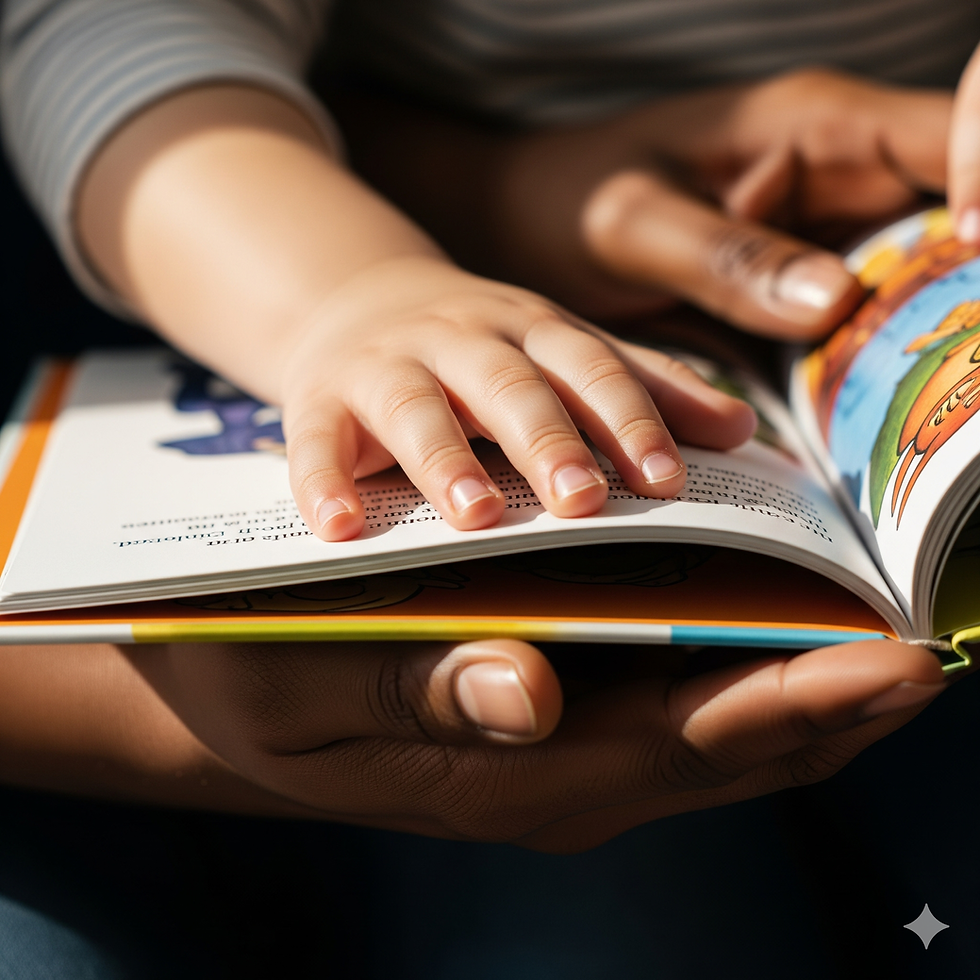Mindful Parenting RAD Series Part 2: Mindfulness for the Caregiver Self-Care Without Guilt
- Sep 3, 2025
- 2 min read
Updated: Sep 30, 2025
RAD parenting can drain your energy, spirit, and emotional capacity. Burnout is real. But self-care isn’t selfish—it’s survival.
Why RAD Parenting Is Draining
Constant hypervigilance
Emotional rejection from the child
Trauma triggers
Isolation from typical parenting support
What Is Mindful Self-Care?
Intentional care for your mind, body, and soul—done in small, present-focused ways:
Recharging through rest
Calming your stress response
Showing up with love, not depletion
7 Mindfulness-Based Self-Care Strategies
Daily Check-Ins
Ask: “What do I feel? What do I need?”
3-Breath Reset
Inhale… Exhale longer… Repeat 3x
Whisper: “I can stay grounded.”
Compassionate Self-Talk
Replace “I’m failing” with “I’m doing my best.”
Mindful Micro-Moments
Phone-free coffee
Deep breaths at red lights
Music while folding laundry
Set Boundaries
Say “no” without guilt
Ask for help or respite when needed
Reconnect with Joy
Walks, podcasts, yoga, prayer—whatever fills your cup
Acknowledge Small Gains
A soft moment
A smile
A peaceful bedtime
Real-Life Story: The Burned-Out but Brave Foster Parent
I once heard about a foster parent caring for a 10-year-old who had intense emotional outbursts and a history of trauma. This caregiver was doing everything “right”—therapy, structured routines, trauma-informed parenting—but still found themselves constantly overwhelmed. They’d stopped seeing friends, dropped their hobbies, and started questioning their own ability to parent.
Eventually, they were encouraged to try small, mindful self-care practices—just 10 minutes a day of silence, stretching, or journaling. Slowly, they began to feel a little more grounded. One morning, after weeks of those tiny efforts, the child said, “You don’t yell anymore.” It hit hard. That simple shift in the caregiver’s emotional state made the home feel safer. Self-care didn’t just help the adult—it helped the child feel emotionally held.
.png)


Comments